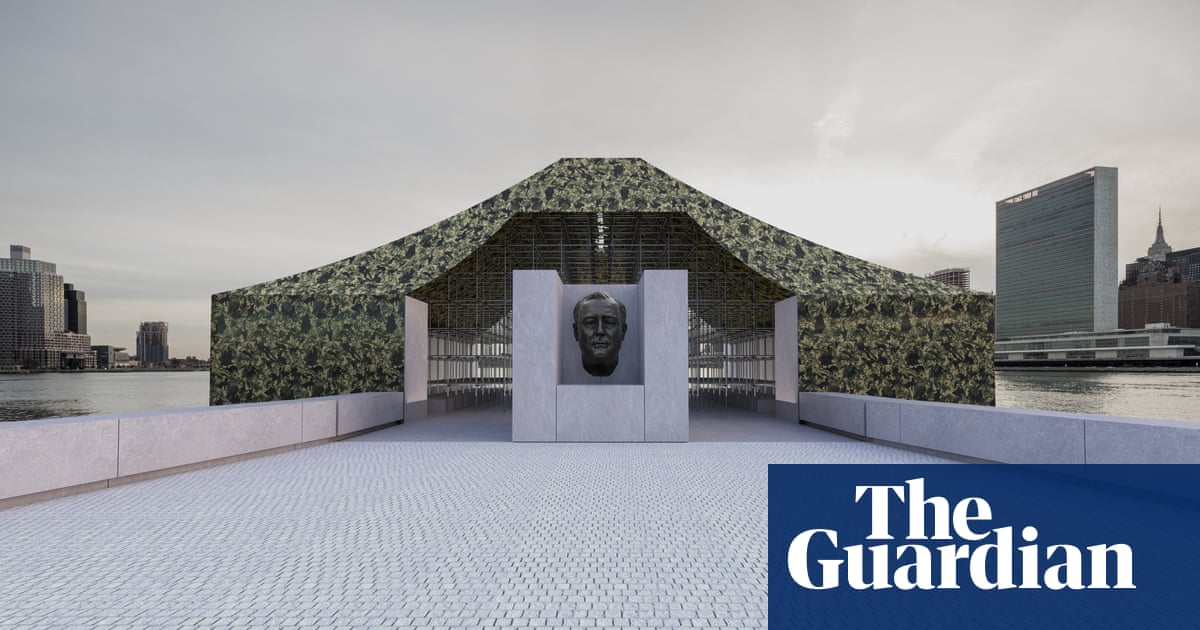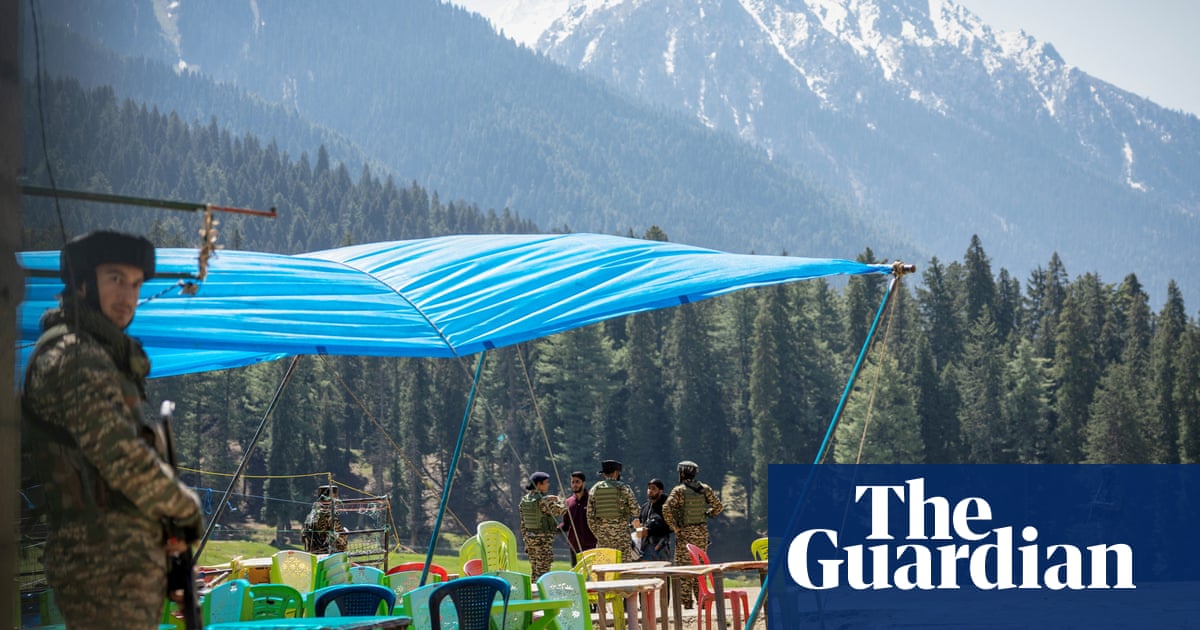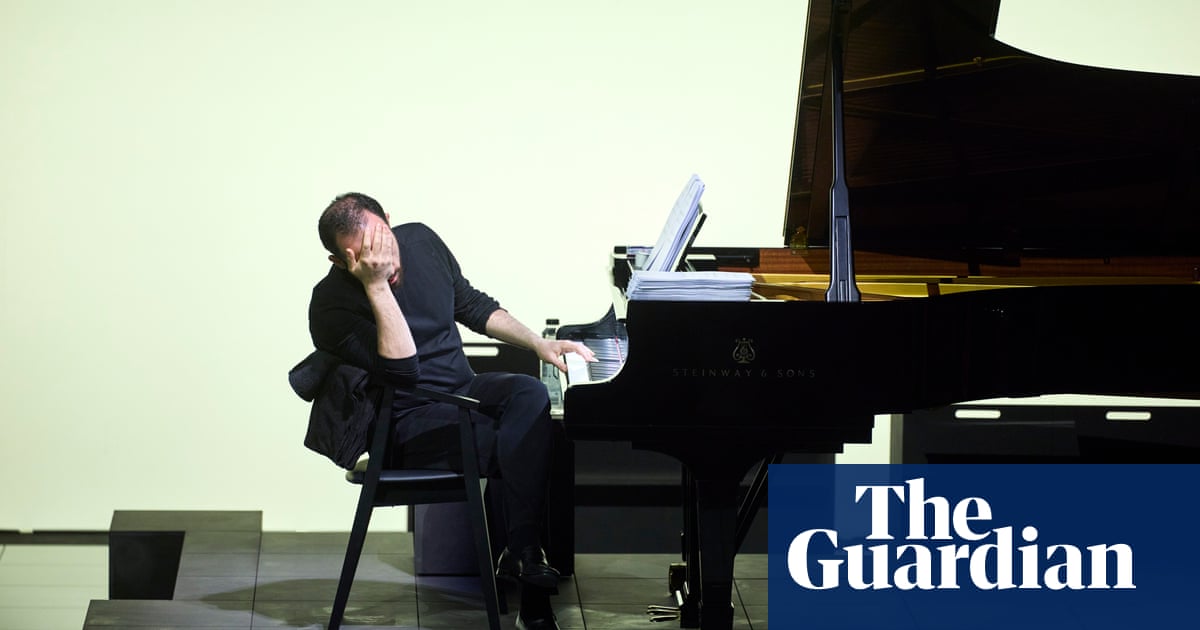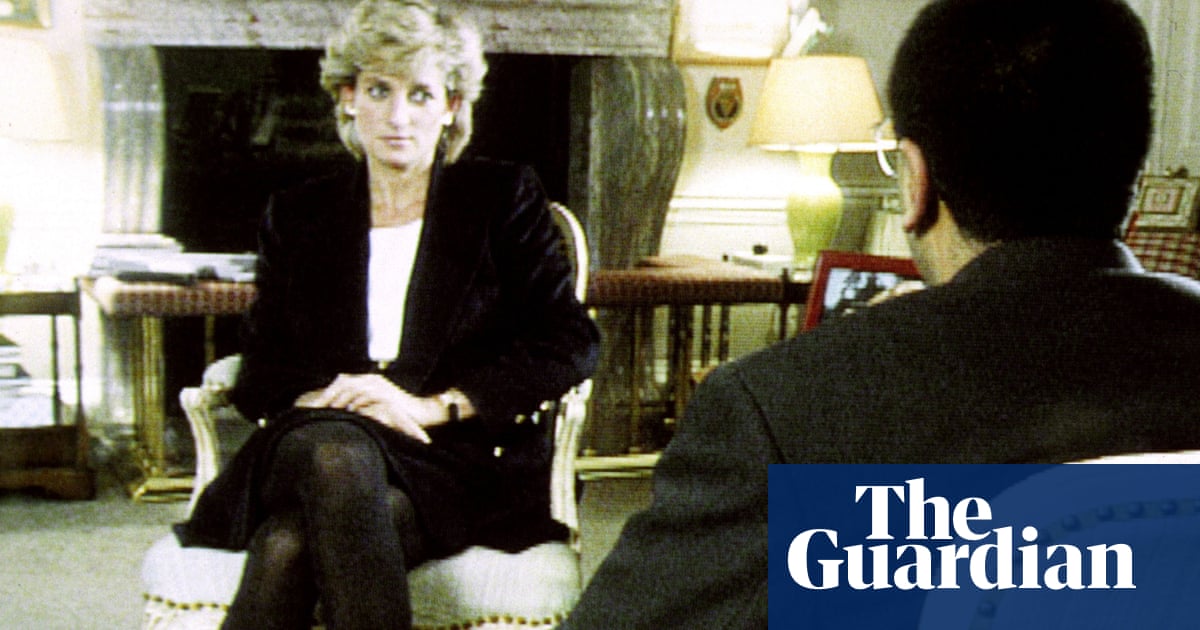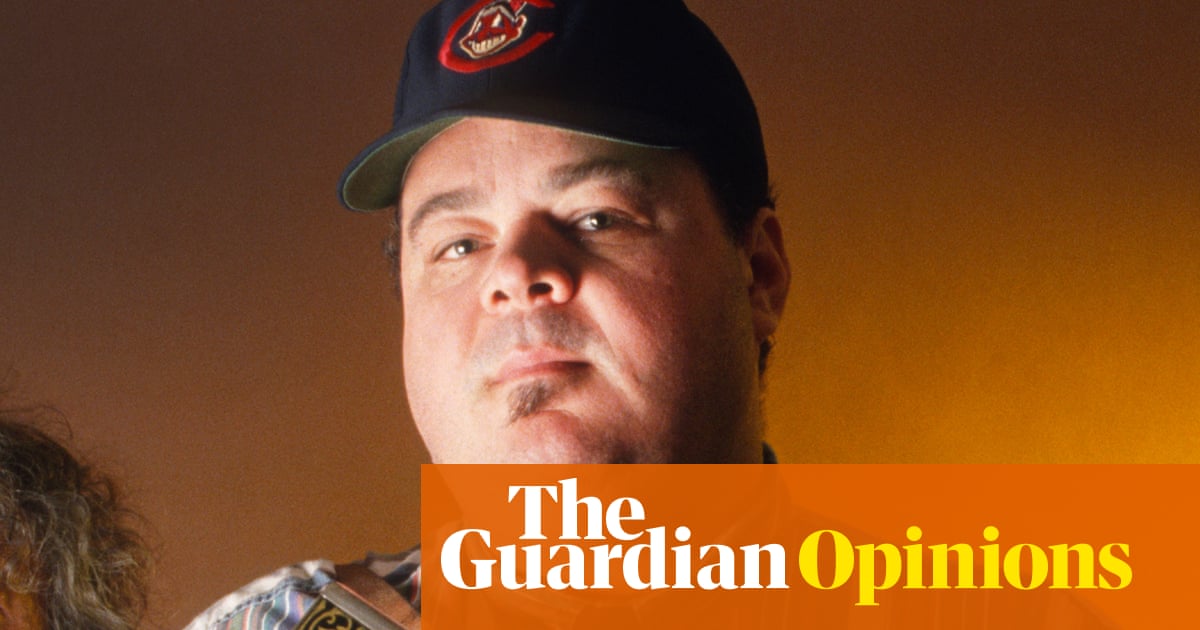Friday 28 February 1975 was the day that changed my life. At half past eight that morning, I was sitting down to write a newspaper feature. At 9.35am, I was standing in the press enclosure outside Moorgate station.
I was 25 years young, a freelance journalist who covered occasional news stories for a Fleet Street agency, but I had never been sent to report on one quite like the Moorgate train disaster. My brief was simple: find out what, who, when and how. We knew the “where”, and when I arrived there were just 10 journalists cordoned off next to the underground station entrance. Half an hour later came the first of the day’s many press conferences. I had my shorthand notebook at the ready.
“Good morning. I am Brian Fisher, head of disaster planning for the City of London police. At 08:46 today there was a major incident, when the three front carriages of an underground train telescoped into a short dead-end tunnel. The front two carriages were forced upwards on impact and the driver’s cab is embedded in the tunnel roof. We believe there may be up to 40 people trapped in the train …”
I remained at Moorgate station, and at Barts hospital, interviewing the injured, until just after lunchtime and then filed my copy from a telephone box. I was told by the on-duty editor I had done well and should now go home and send in my invoice. I wanted to remain on the assignment, but I realised that this was turning into a major story and a more senior reporter would take over from me. What I had no idea of, as I was filing my copy, was that 60ft beneath the pavement at Moorgate station lay my own father. He was killed instantly as the train hit the concrete wall.
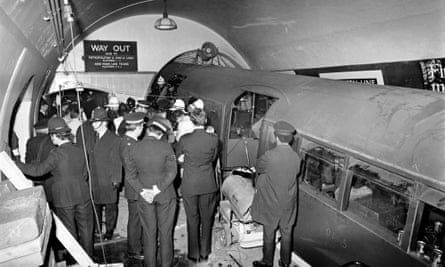
My dad, a 68-year-old ex-copper, was on his way to work at Liverpool Street station that morning. Had he been able to find a parking space near Finsbury Park station, where he dropped off his wife (my stepmother), he would have taken the Piccadilly line from there, then changed on to the Central line to Liverpool Street. But there were no parking spaces, so he went to nearby Drayton Park station, to change at Moorgate station to Liverpool Street. The lack of parking spaces at Finsbury Park cost him his life.
The Moorgate train crash was to become the biggest City of London disaster since the blitz: 43 people died and nearly 80 were seriously injured. By 4pm on the afternoon of the accident, more than 100 reporters, photographers and film crews from all over the world were squeezed in and around the narrow station entrance.
My father, being Jewish, was the first victim to be buried, a day after his body was removed from inside the twisted second carriage. At the gates of the cemetery on that freezing cold Sunday morning were many reporters and film crews, and I was charged with asking them to respect my family’s and the mourners’ privacy – explaining that I, too, was a journalist and this really was a very heart-rending moment for me. They respected my wishes, and one, from the Sunday Times, must have noted my words and passed them back to his editor.
Five days later I was recruited by the legendary Insight investigative section of the Sunday Times, under the leadership of Harry Evans. Why would such an august newspaper recruit a novice? Because it was Evans’s belief that the relatives of the deceased, the transport secretary, the coroner, the police – indeed, everyone involved in the disaster and its aftermath – was more likely to speak to a journalist whose father had been a victim.
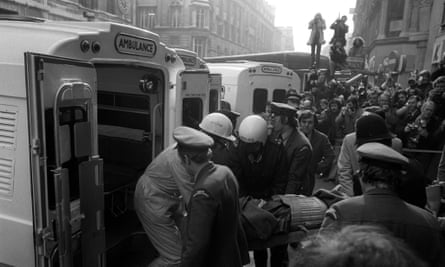
Evans’s hunch was correct. My grief opened the doors of offices and homes that would have otherwise closed in my face. I knew it was going to be challenging, though. Was it possible to separate my mourning from a deep investigation into the cause of the crash? It soon became apparent to me that confusing the personal and professional would prevent me from grasping this God-given opportunity properly. And so I found I was able to leave home each morning and leave behind me the photograph I had of my dad. He belonged in my council flat, and I belonged in the world of investigative reporting.
For the next 50 weeks I interviewed every major player in the disaster, every family who lost a loved one, even some conspiracy theorists – yes, even half a century ago. I had access I couldn’t have believed. With the words, “This is Laurence Marks, Insight, the Sunday Times”, officials that were “unavailable”, “on holiday this week” or “in a meeting” suddenly arrived pretty damn quickly on the other end of the phone. Everyone, that is, except London Transport, who were intent on not becoming involved lest compensation claims started piling up on their desks. In the event, there was just a small handful of inquiries about claims, and, as far as I can recall, only one payout.
I attended the coroner’s inquest six weeks after the disaster and for three days listened to all the evidence. Dr David Paul, the City of London coroner, offered the jury four possible conclusions as to the driver’s role in causing the crash: manslaughter; accidental death; suicide; and an open verdict. The jury returned accidental death, but in a private interview with Dr Paul weeks later, he confided in me that I should pursue the line of suicide. He felt that the evidence pointed to it, but without a note he couldn’t have led the jury in that direction.
The interview I wanted beyond all others (as did every journalist) was with the driver’s widow, Helen Newson. I had written to her on more than one occasion and, unsurprisingly, never received a reply. But a week before my Moorgate story went to print, I took a gamble. I drove over to the south-east London block of council flats where the Newson family lived, and delivered a handwritten note explaining how much I desperately wanted to talk to them, and that I would be sitting downstairs in my car.
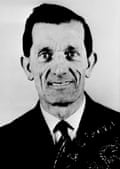
Forty-five minutes later there was a tap on my window, and there stood a young woman saying that her mum would like to talk to me. As a journalist I received vital details nobody else had, but Mrs Newson could offer no more idea of what had overcome her husband than I could, and her pain was evident in her eyes. She kept apologising to me for her husband’s actions, and I kept telling her it wasn’t her fault and there was nothing she should be sorry for.
When I wrote my Insight feature, it was headlined: “Was It Suicide?” The answer is, we shall never know. The driver didn’t leave a note, so there was no evidence. London Transport’s chief engineer told me the train that crashed was in perfect working order, and had the driver applied the brakes at any time it would have slowed down and stopped. The engineer added: “The driver stopped the train at every station quite normally that morning, except at Moorgate. He could have done and didn’t.”
I spent days with the eminent pathologist Prof Keith Simpson, who took me through the postmortem performed on the driver. He concluded that there was simply no condition that could be discovered that would have prevented the driver from letting go of the “deadman’s handle” (the spring-loaded brake). Prof Simpson was unwavering in his professional opinion that the driver had not suffered a stroke, heart attack, gone blind, undergone an epileptic seizure or been electrocuted. He simply did not apply his brakes. What’s more, he increased the acceleration of the train as he shot into the daylight of Moorgate station.
When my feature was published, in certain quarters I was castigated for even suggesting that the driver may have taken his life and the lives of others. I felt it was now time for me to step aside and let the entire matter rest in peace. Yes, I had lost my father, but nothing I could now write – and I was offered appearances on TV, radio and even a publishing contract to write a book on the subject – would bring him back. My year-long investigation elevated me up the journalistic ladder and there I thought my future lay. I worked for national newspapers and the ITV current affairs programme This Week. I could be excused for believing that my career was on an upward trajectory and that perhaps I might even become a “front of camera” television reporter.
But comedy stood in the way of that dream.
For years I had been secretly writing comedy sketches and half-hour situation comedies – all rejected, but very encouragingly. In 1977, my co-writer, Maurice Gran, and I were commissioned to write the Frankie Howerd Variety Show, thus kicking off a career in television comedy, creating shows such as The New Statesman, Goodnight Sweetheart, Shine on Harvey Moon and Birds of a Feather. “Perhaps,” said one psychiatrist to me, “you are using comedy to blank out the tragedy that was the Moorgate train disaster.” Who was to gainsay her? Whatever the reason, my comedy career skyrocketed and Moorgate faded into the background of my life and imagination.
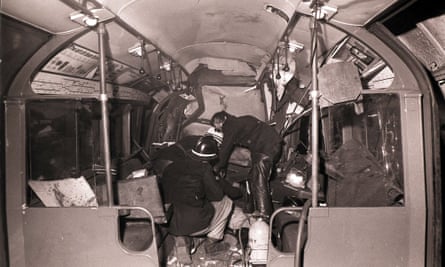
I was the subject of a 2006 Channel 4 documentary entitled Me, My Dad, and Moorgate, which was more focused on my television career than on the disaster, after which those dusty old Moorgate files were placed in my university archive. It was in 2023 that Maurice tentatively suggested that I should blow the dust off the mountain of old research documents and perhaps write a drama about that life-changing day in February 1975. My initial reaction was: “Why would I want to relive the pain of losing my dad in a 65ft-long train carriage that was reduced to just 15ft?” Maurice and our manager put up a very good argument and, when I finally agreed, the next question was: for what medium would we write it? After significant discussion, we opted for radio.
Maurice and I decided to tell the story of Friday 28 February 1975 in two parts: first from the point of view of the rescue operation outside the wreckage; and in our second play from inside the front carriage, focusing on the last two survivors, who were trapped for 12 hours. Out came my considerable library, the cassette-recorded interviews, the shorthand notes, the papers and other documents I should never have been given in the first place. From these we put together the content of the two 45-minute plays, which will be broadcast on Radio 4 later this month.
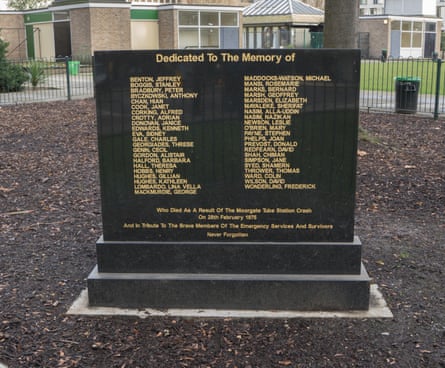
The two plays were constructed and written in 2023, then revised last year when more information was brought to our notice from those who had read about the project on social media. Ambulance workers, doctors, firefighters, and London Transport engineers came out of the woodwork to tell me about their involvement. It was all treasured; it heightened our drama and transported me back 50 years to Moorgate station’s press enclosure.
As I reflect today on the young me – the journalist who, it might be said, found his professional feet and lost his dad – I ask myself, would I have done it all again? Without question I would. I was ambitious and, furthermore, I cannot see how anything I did was wrong. In so many ways it served as a form of grief therapy. Each day I discovered a new fact, both about my dad’s life and what actually occurred on the train that morning.
Whereas I felt better about my published piece and the process that led me to write it, this certainly wasn’t the case with Helen Newson, whose family were appalled at my suggestion that her husband, her daughters’ father, may have died by suicide. Other relatives of the deceased were divided; many thanked me for taking the trouble to discover just how their loved ones were killed, others were appalled that I was digging into their private pain.
How do I feel about returning to the past? It was creepy revisiting the young me, hearing him interview such eminent players in the drama (now almost all dead), and reviewing my theory about what happened on that morning in 1975. Yet, had the train arrived as it usually did at Moorgate station, and had all the passengers, including my father, stepped from the carriages and gone about their daily business, I can say with some sureness that my life wouldn’t have turned out as it did.

.png) 2 months ago
27
2 months ago
27


